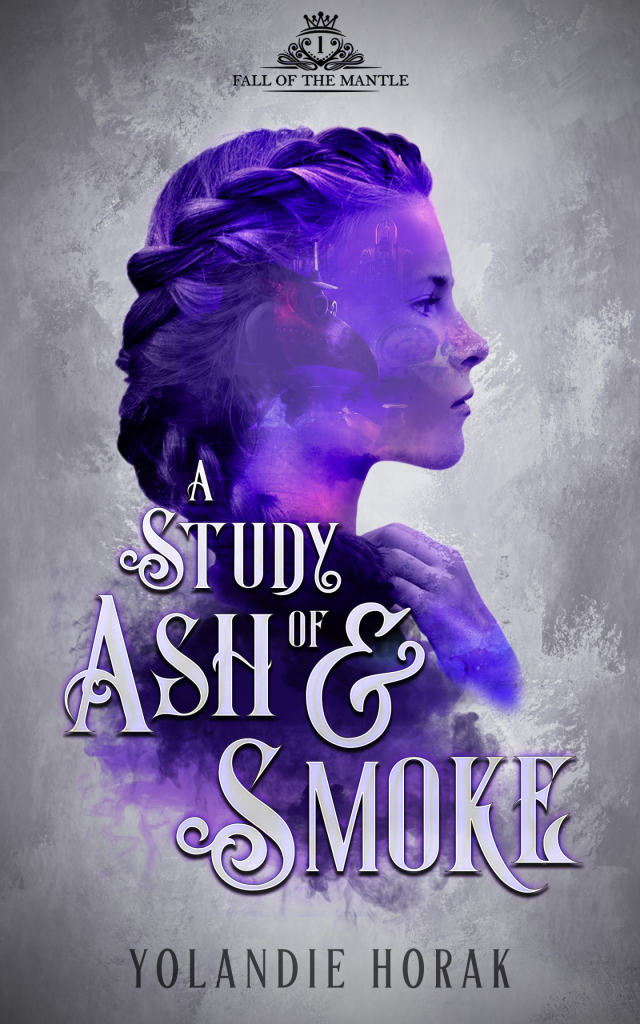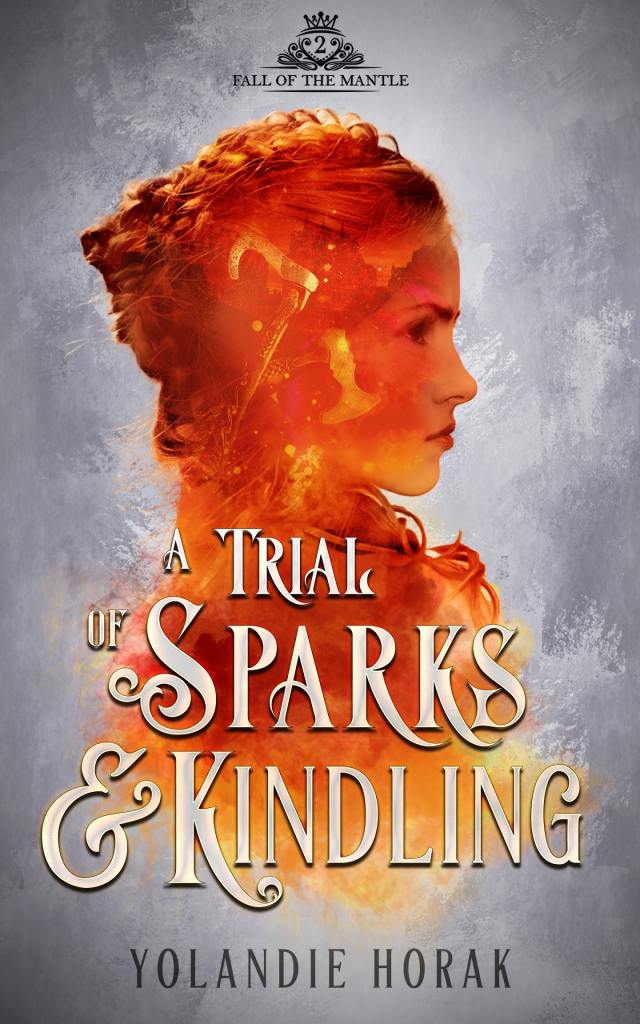Picking up from where we left off last week (which was all about alpha and beta readers), we’re going to chat about sensitivity readers today.
Please be aware that THERE MIGHT BE POTENTIALLY TRIGGERING CONTENT IN THIS POST.
About Sensitivity Readers
A sensitivity reader is someone with experience on a certain topic who will offer feedback to authors writing about that topic. They always read the novel before publishing, often during the beta reading timeframe.
For example, if the author is writing about someone who survives cancer, they might ask a group of cancer survivors to be a part of their beta team and share their thoughts on the story. They can help authors explain the feelings, the treatment, how their loved ones reacted, and so on, in ways that non-survivors wouldn’t imagine. Even if authors are survivors themselves, additional viewpoints always help bring elements of realism to stories, because not every survivor’s experience is the same.
Sensitivity readers can also offer feedback on life experiences, eg they belong to any minority, they have survived any kind of trauma, or because of their line of work.
Why Sensitivity Readers are Important
Many authors write to heal. I definitely weave many of my own traumas into characters. It’s something we do to make sense of the world, to help others like us, or for so many other reasons. But unfortunately, the things we write about can still hurt people, even decades after they happened.
Thankfully, sensitivity readers can help us limit the potential anguish of our future readers.
I don’t feel like it stifles my voice to write about issues in a way that takes into account how people who actually live with or survived the thing might feel or experience the world. If anything, this deep thought into how another person might be impacted has made me more empathetic. I might not understand every injustice that every person has ever suffered, but I can try, at least, to be kind to them. To make them feel valid and seen.
Also, it sucks that so many of the characters who represent minorities are portrayed in a distorted or flat-out wrong way. This is why so many stereotypes exist, and why so many people deem it okay to make jokes about serious illnesses or heartbreaking events in polite conversation.
For example, because I am neurodivergent, I feel I can safely share this personal experience with you. Neurodivergent women are misdiagnosed and overlooked all the time. It happens to men too, for sure, but ovaries almost guarantee a misdiagnosis. Quite simply because we present differently than 6-year-old boys, but okay.
In the past handful of years, many of my closest friends were also diagnosed with previously missed neurodivergent brainscapes, just like I was. And like 5 of us were straight up told—by doctors and other medical professionals—that we’re too smart or too pretty to have that neurodivergent thing.
I have no idea how often in my life I’ve had to listen to people explain to me that my illness doesn’t exist, that I couldn’t possibly have it because I’m too high-functioning, or that I’m just attention-seeking and need to get over it. It sucks.
This is why many of my alpha and beta readers are also sensitivity readers. I write about abuse, sometimes of a sexual nature. I write about LGBTQIA+ issues. I write about gender oppression, mental health struggles, medical conditions, violence, and many other potentially triggering themes.
But… Why Write About Potentially Triggering Events?
There are three important reasons:
One, survivors might not face identical struggles, but the one thing we all seem to share at some stage is this feeling of being totally alone or invisible. Personally, reading about that character who has lived the same things as me has always helped me feel just a bit less alone. Seen. And if I can help just one reader feel seen, I will.
Two, between my sensitivity readers and myself, we have survived every traumatic event in the Fall of the Mantle books. Along with being seen, survivors long to be heard, to be acknowledged, always with the small hope that our stories will end the violence or at least help others like us.
Also, for a lot of us, our voices were squashed in the past. Victim dismissing or shaming happens far more often than anyone realises. It is vital to me to offer other survivors what small platform I have so they can share their stories.
And three, the stigma must be shattered. Closing our eyes and pretending bad stuff doesn’t happen won’t magically make it go away, but if we talk about it openly, people with opposing views might learn to understand.
So, with the help of my amazing and inspiring alpha and beta teams, I always try to phrase the possibly triggering events in my stories with care. Of course, I know that it’s impossible to avoid every trigger out there, but I’ll always try my best to avoid hurting readers.
Working with Sensitivity Readers
It is pivotal that we treat sensitivity readers with understanding and kindness, and not hurt them in the way we handle their feedback.
For me, this means never dismissing anyone, asking questions only when the reader is willing to answer, not pressuring them, and always being aware of any changes in their demeanour or texting style. Also, if I choose to alter the way my characters might react to how the reader did, I’ll have a conversation with them and explain my choice. The last thing I want is for them to feel rejected because of something I did.
It is really important to remember that two people might experience the exact same traumatic event—say they were both in the same car in the same accident, for example—and they’ll still most likely have different trauma responses, memories, and different takeaways from the event. This is because their entire history comes into play at that moment. Every survival mechanism, every bit of training for emergency situations, every past experience—it all plays a part in how a survivor’s body and mind will help them cope with their trauma.
Every trauma response is valid.
As authors, we must consider our characters’ backstories and work out accurate trauma responses for them, but we can’t allow ourselves to forget that whatever path we choose for our characters isn’t the only possible path.
That said, I’m lucky enough to have forged friendships with my team, and we always maintain an open dialogue about which experiences are okay to talk about and which ones should be avoided or rescheduled to discuss later.
If you have any thoughts or questions, please don’t hesitate to send me a DM or comment below, and I’ll get back to you as soon as I can. Meanwhile, if you’re looking for even more resources, I’ve written posts on panic attacks and writing trauma that might aid writers in crafting believable responses for their characters.
Yolandie





One response to “Let’s Talk About Sensitivity Readers”
[…] Some beta readers can also function as sensitivity readers, but this is also a bonus. I’ve written a full post about sensitivity readers, which I’ll publish next week, so loo…. […]
LikeLike